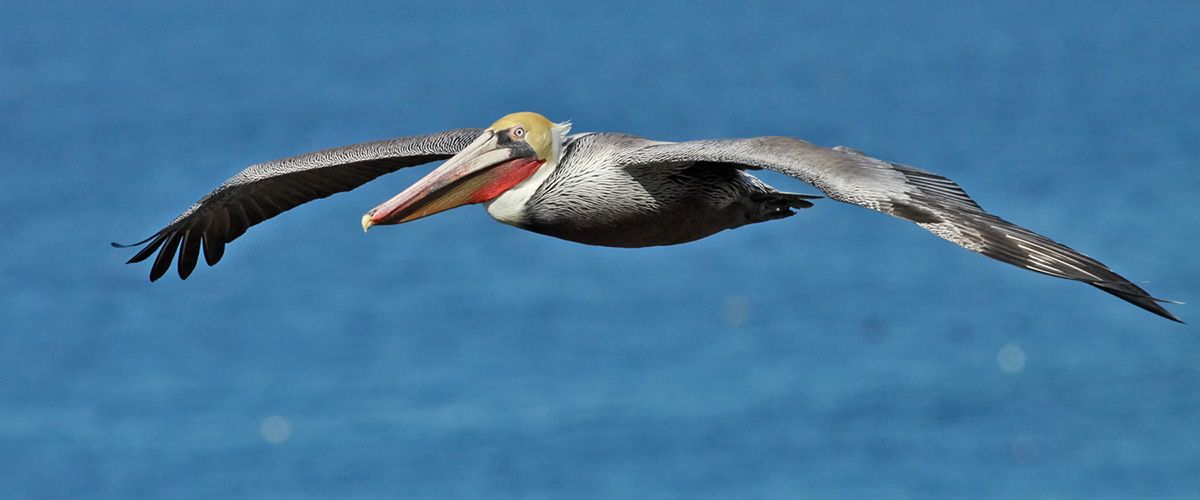Getting Started In Birding
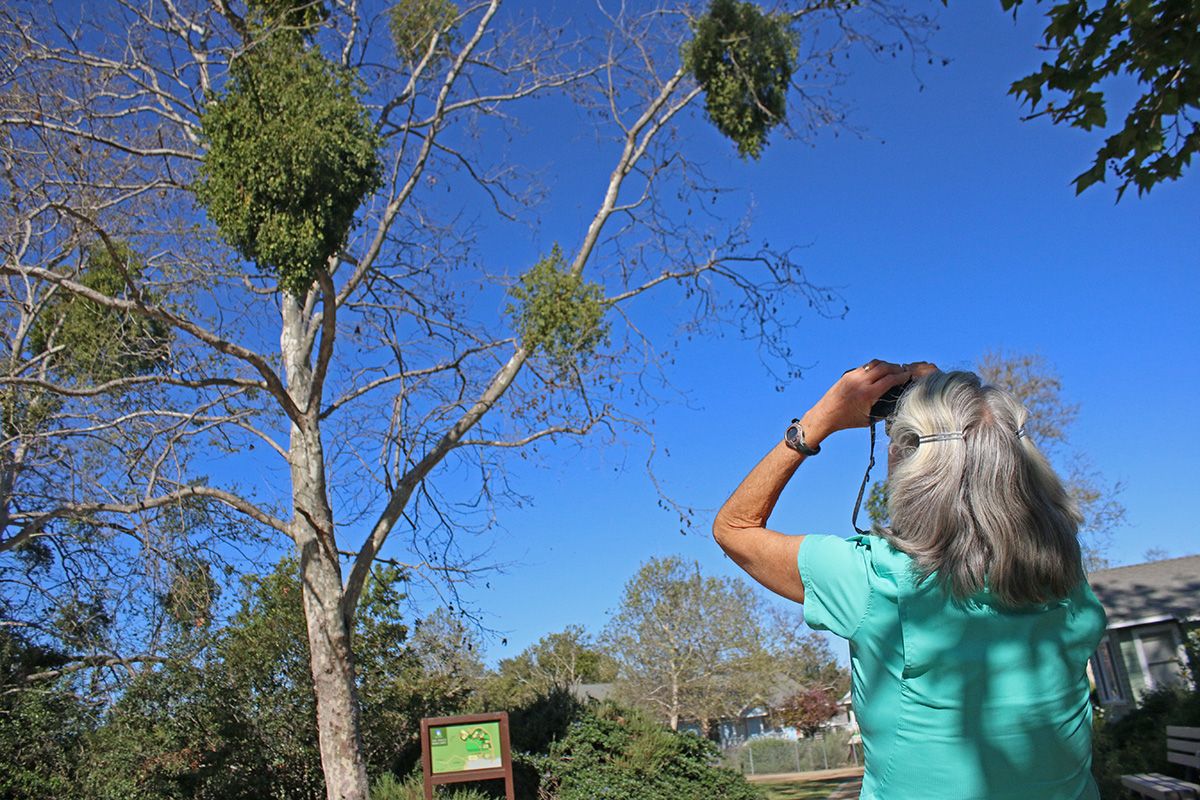
Birding is one of the most enjoyable nature hobbies in the United States. Birds are fascinating and found wherever we are. To be a birder, all you really need is curiosity. Have you noticed birds and wondered how to get started in birding? Read on!
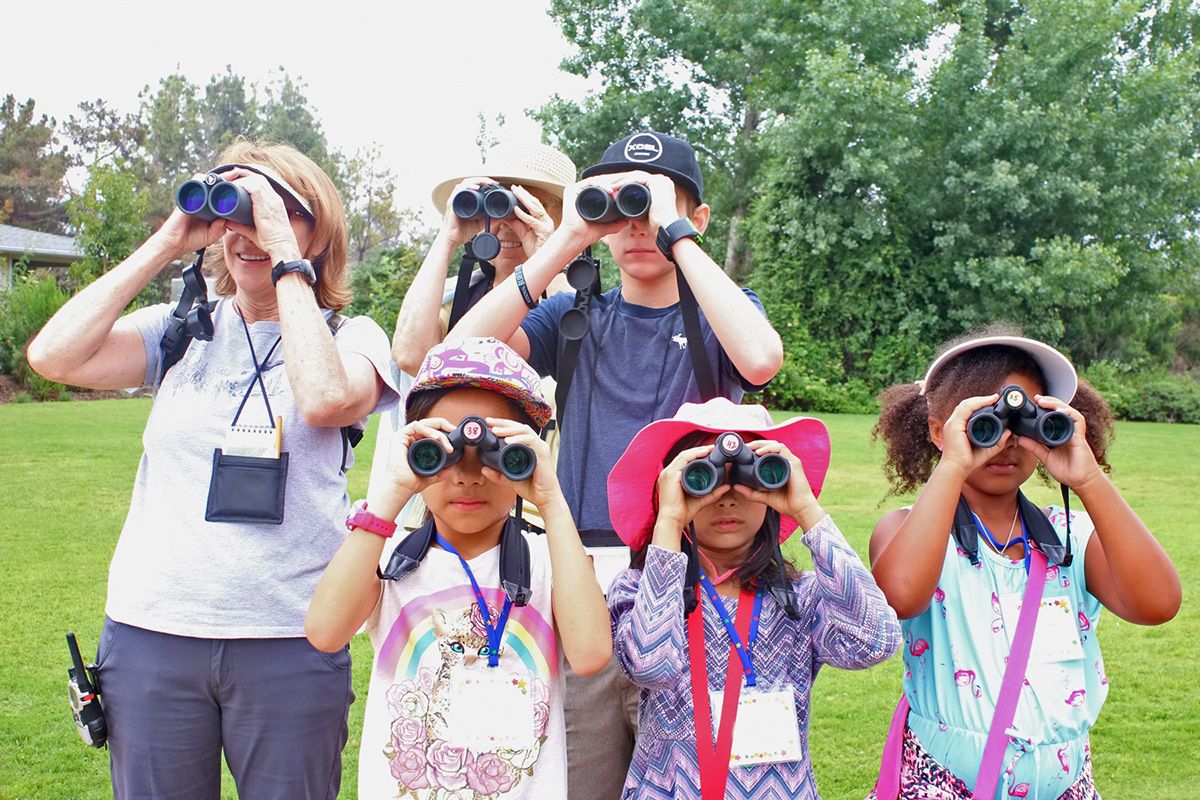
Everyone is welcome. All ages and all abilities can experience birds from their backyard to around the world.
Sea and Sage Audubon offers a variety of birding activities and field trips that are just right for you! For example, to join a slow-paced Accessible Birding event designed for those with physical limitations, check out the Accessible Birding page on this website.
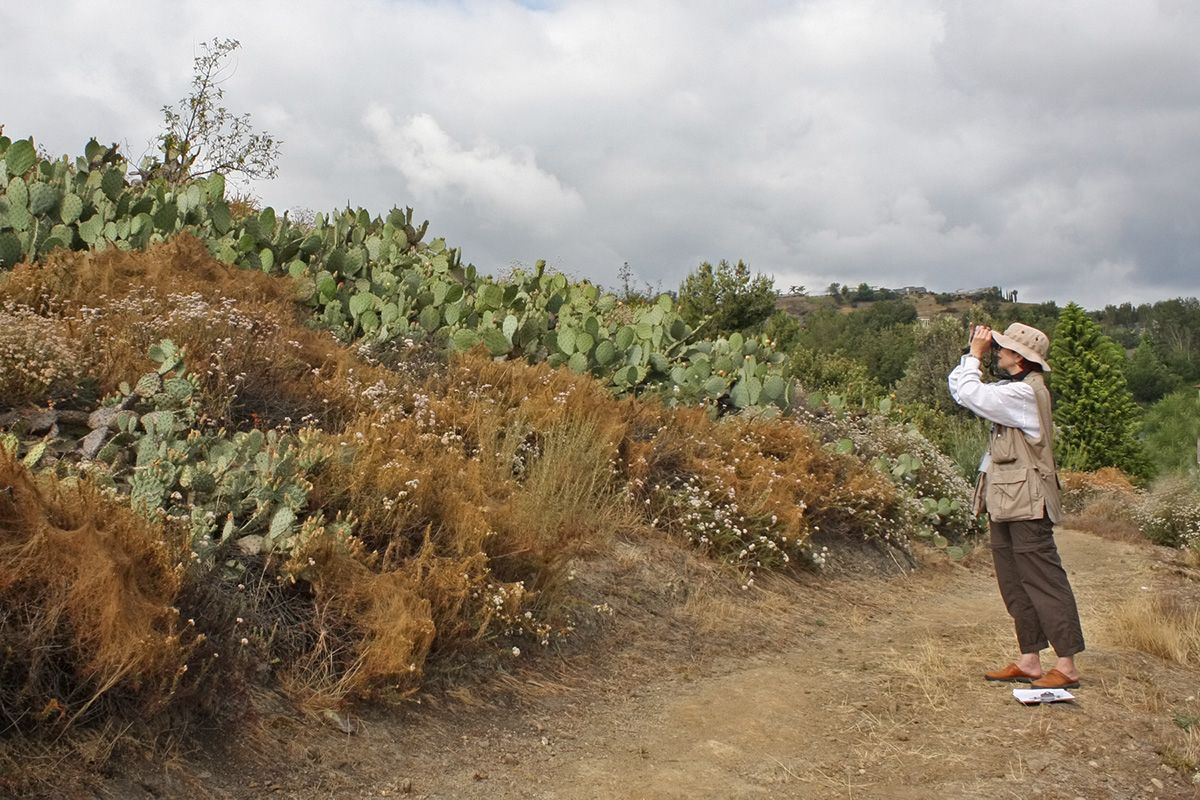
Birding provides many benefits. Birding brings us into the fascinating lives of birds as we explore nature and meet others who share our interest. This is a great activity for all ages to share together. Spending time in nature is good for our health and well-being.
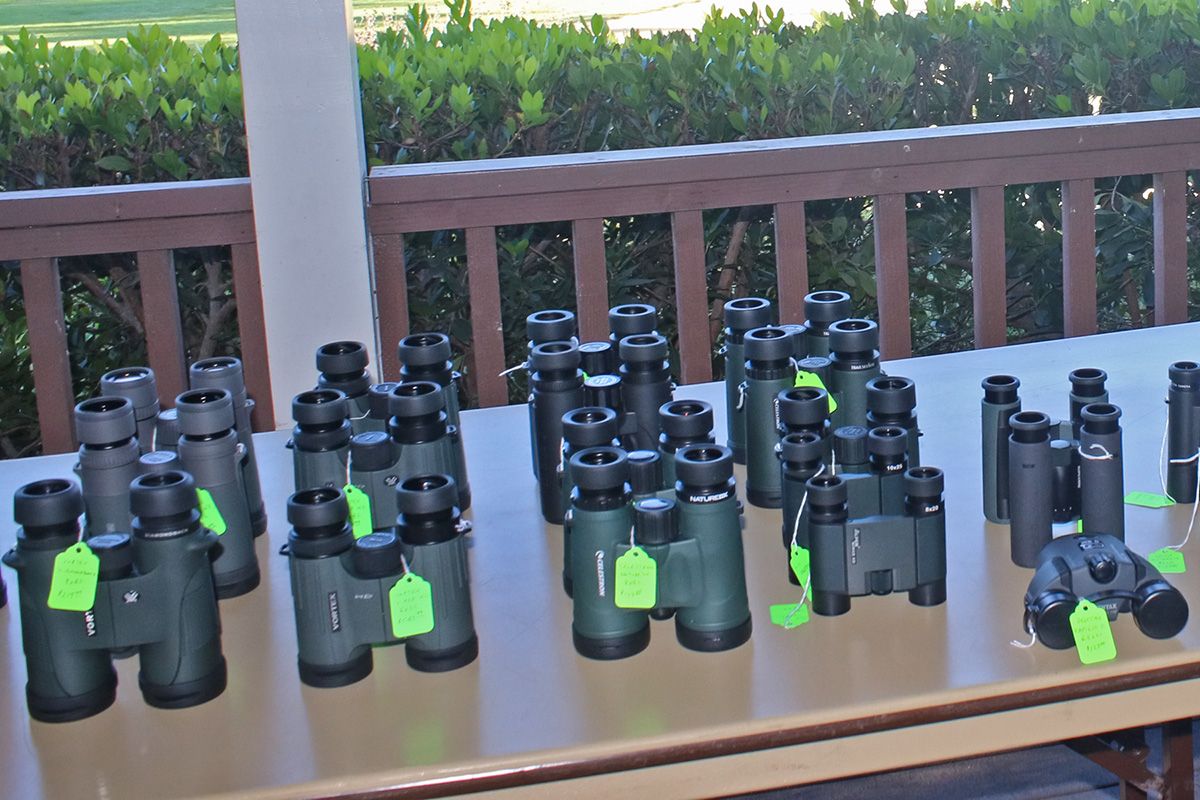
Select a good pair of binoculars. Binoculars help us get close to birds without scaring them. We do not recommend a specific brand since each person’s needs are different. Get the best you can afford; higher prices mean better optics and longer lasting (good starter pair cost $150-300). Try out different binoculars at the Optics4Birding store in Irvine or at our Annual Pancake Breakfast. (INCLUDE LINK HERE)
For children, get a pair where the barrels can bend closer together for a child’s narrower face.
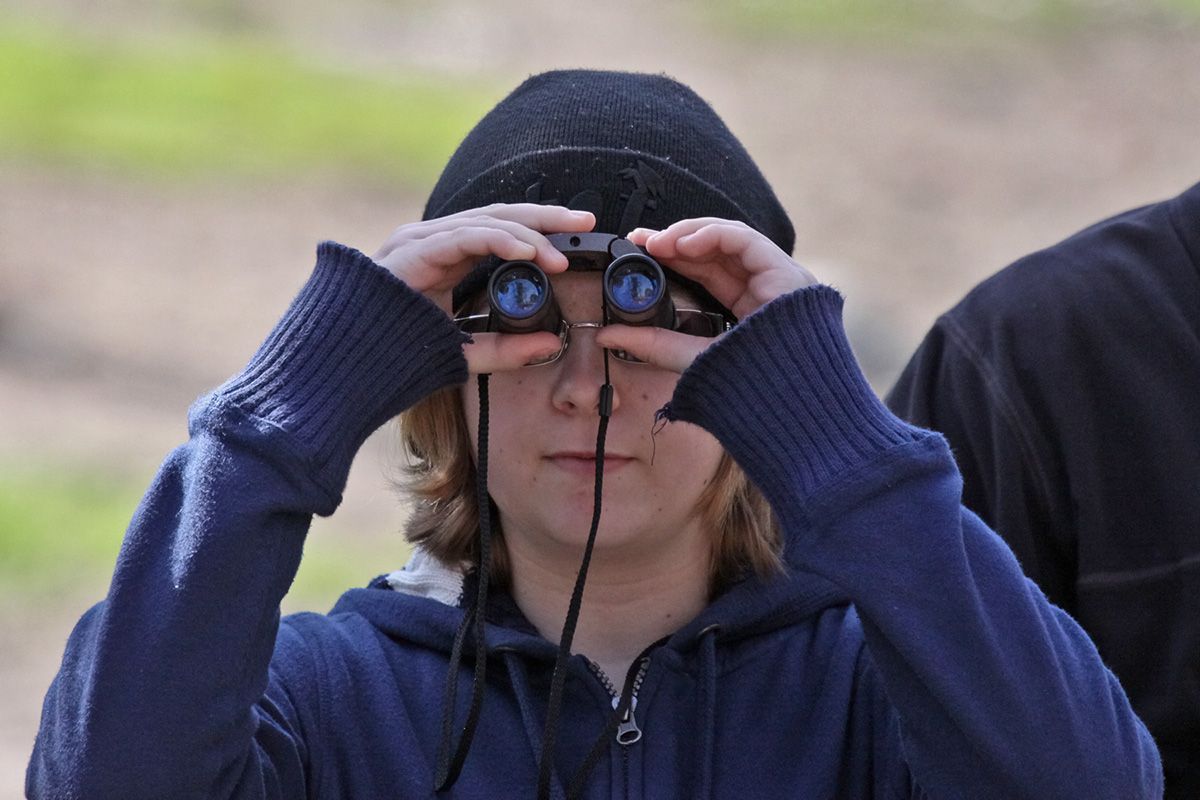
Learn how to use and care for your binocular. Binoculars can last many years when properly maintained. See attached instructions: Download
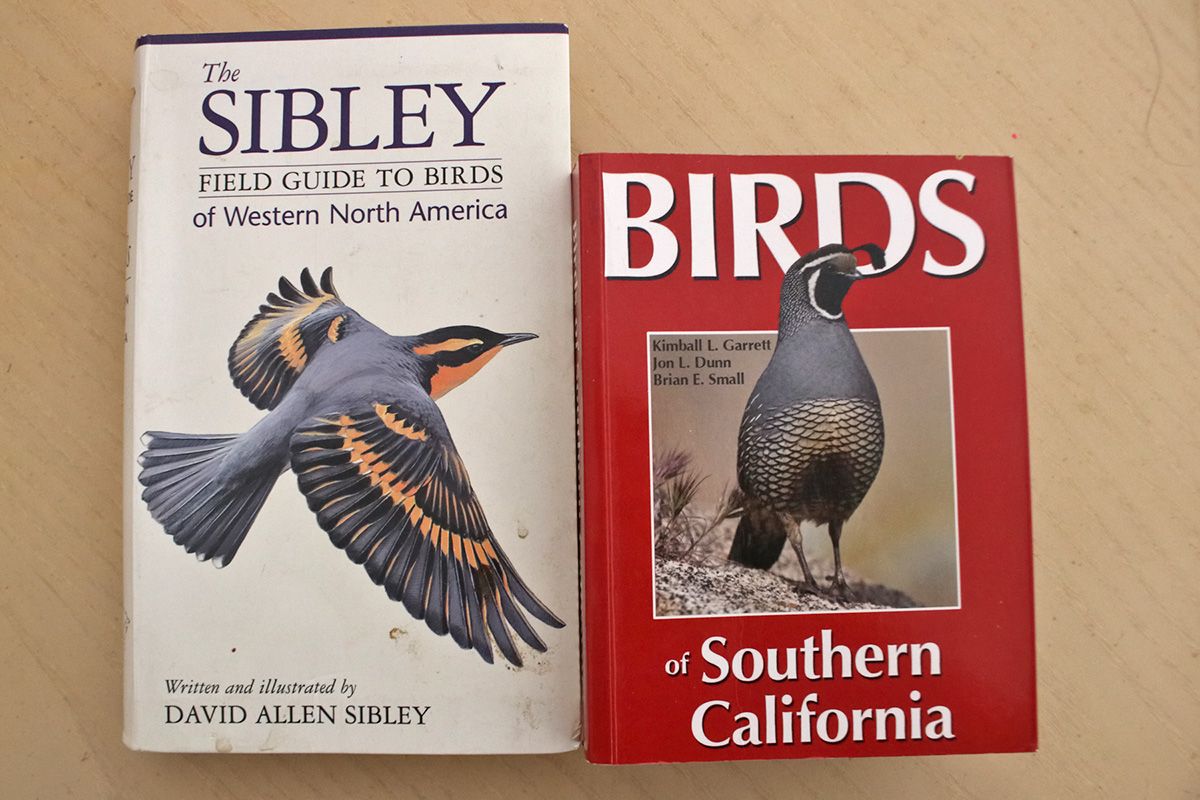
Buy a birding field guide. Get several books for variety. Choose from guides with illustrations (Sibley Guide to Birds and National Geographic’s guide) and photographs (Kaufman Field Guide and Garrett & Dunn’s Birds of Southern California). Remember that birds are individuals and not every bird will look exactly like the art or photo.
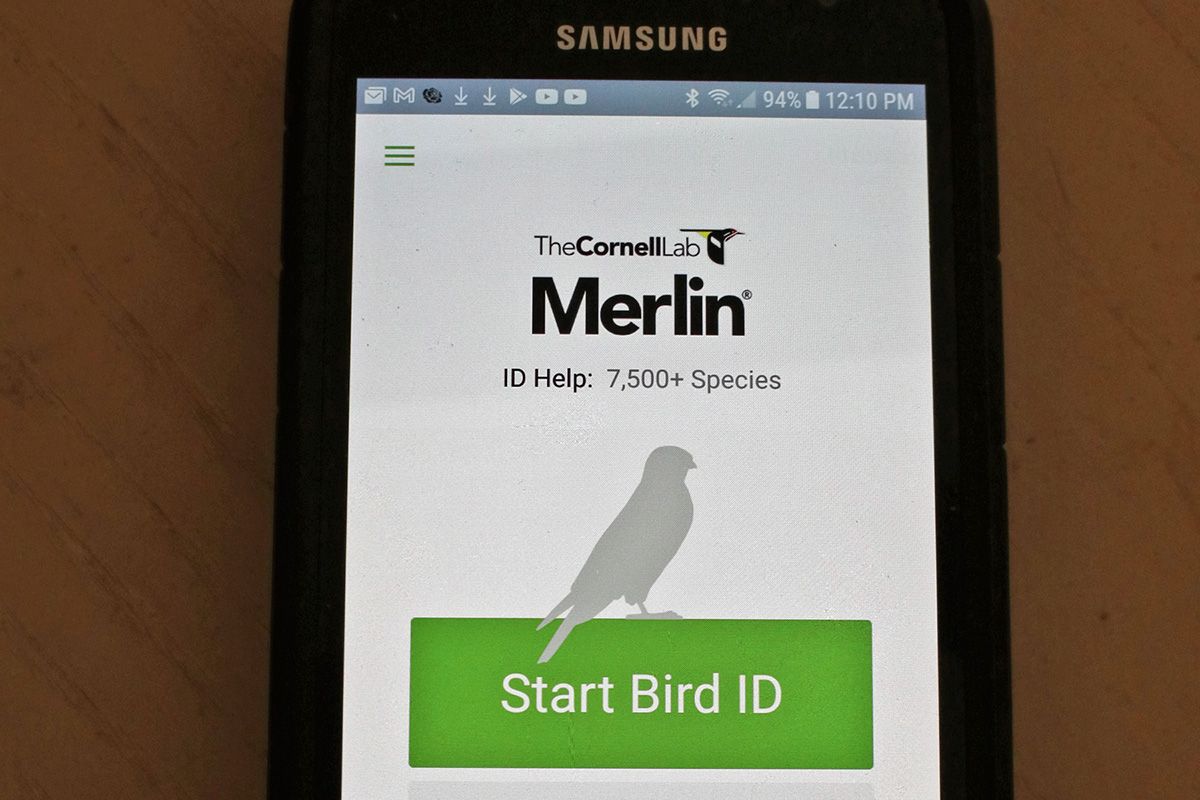
Use birding tools. Birding apps include Merlin by Cornell Lab of Ornithology (free), Audubon Bird Guide (free), Sibley eGuide to Birds, iBird Pro & Ultimate, and National Geographic Birds. Find one that fits your needs! And remember, please be respectful and do not play audio recordings in the field which can disturb birds (especially during nesting season.)
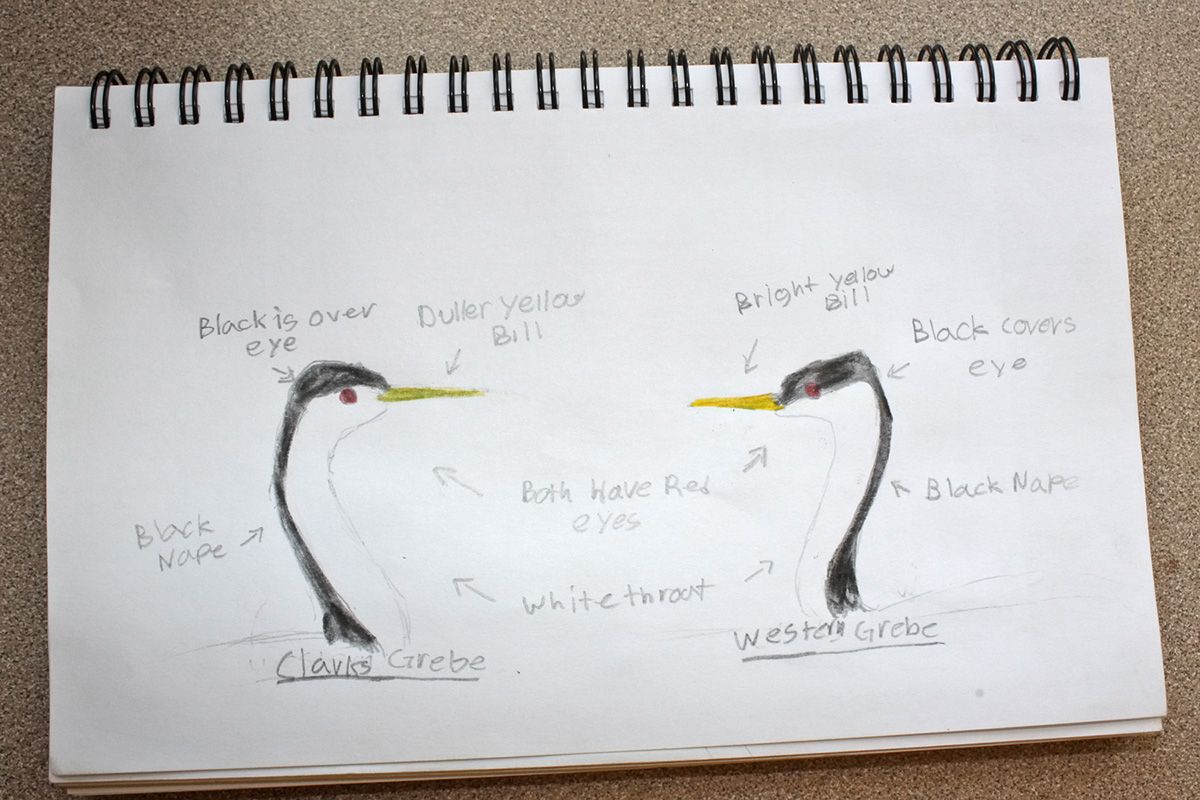
Keep a record of your observations. Learn to keep a field journal which will help you identify and remember birds. Your journal can include descriptions, sketches, and numbers which aid identification. You can keep trip lists, county bird lists, first-of-season dates (first date a species appears in your yard each year), nesting behavior, and more. Many birders keep a Life List which is a list of names of every species encountered.
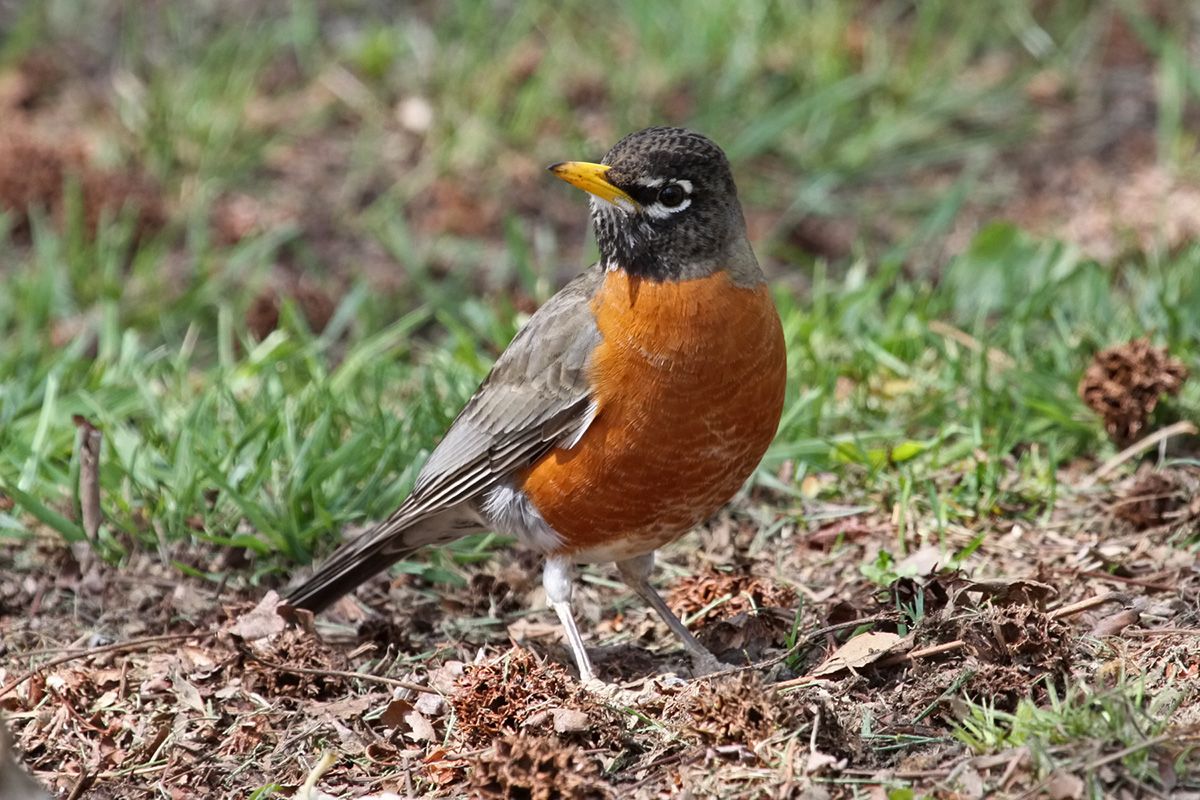
Learn to identify birds. First, learn the major groups of birds. When you encounter a new bird, notice its Field Marks which are its shape, size, color patterns, behaviors, and sounds. Habitat and season can also provide clues to the bird’s identity. This takes practice!

Begin in your yard. Provide what birds need (water sources, food, shelter) and you will have wonderful opportunities to become familiar with common residents and also migrating songbirds. Planting California native plants will attract a wider variety of birds and other wildlife.
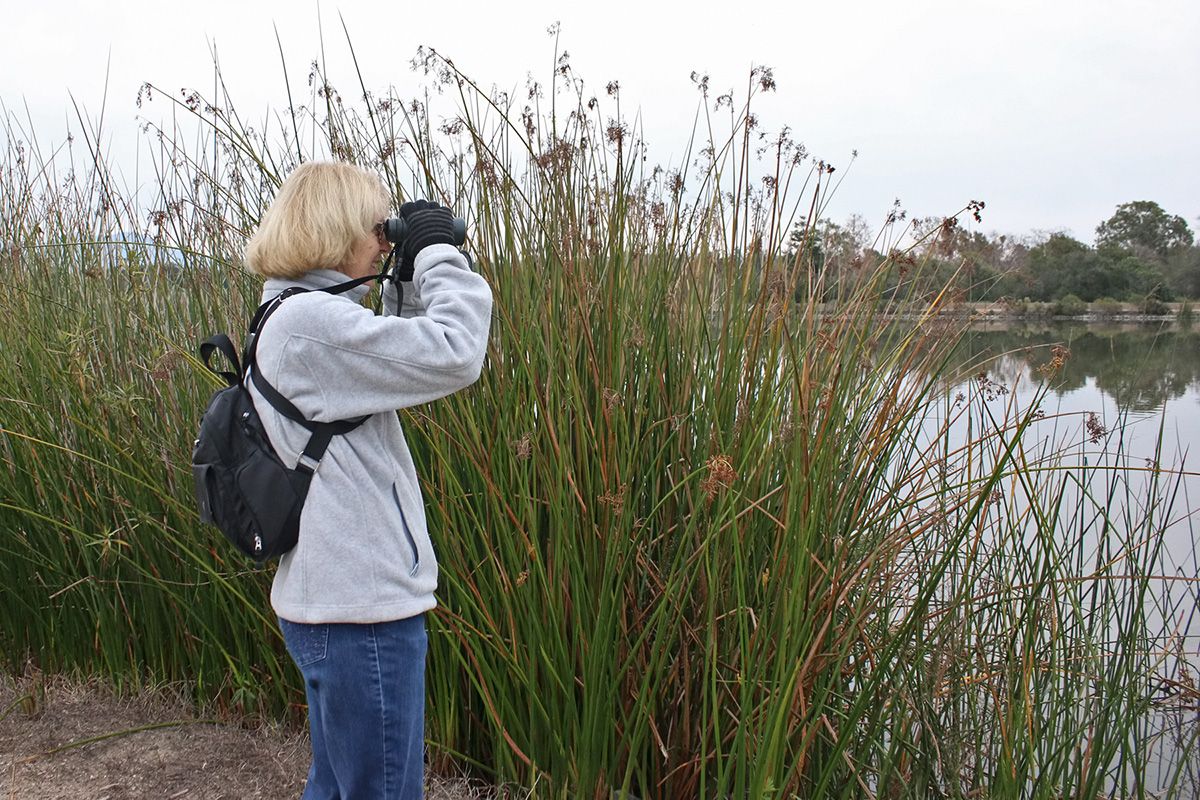
Continue birding further away. Recommended Orange County hotspots with high diversity of birds are San Joaquin Wildlife Sanctuary in Irvine, Bolsa Chica Ecological Reserve in Huntington Beach, Huntington Central Park in Huntington Beach, and Irvine Regional Park in Irvine.

Learn what birds are in your area. Learn how to use eBird.org which is a wonderful resource. Join a listserve like OrangeCountyBirding to receive emails about rare birds or Facebook’s Birding California.
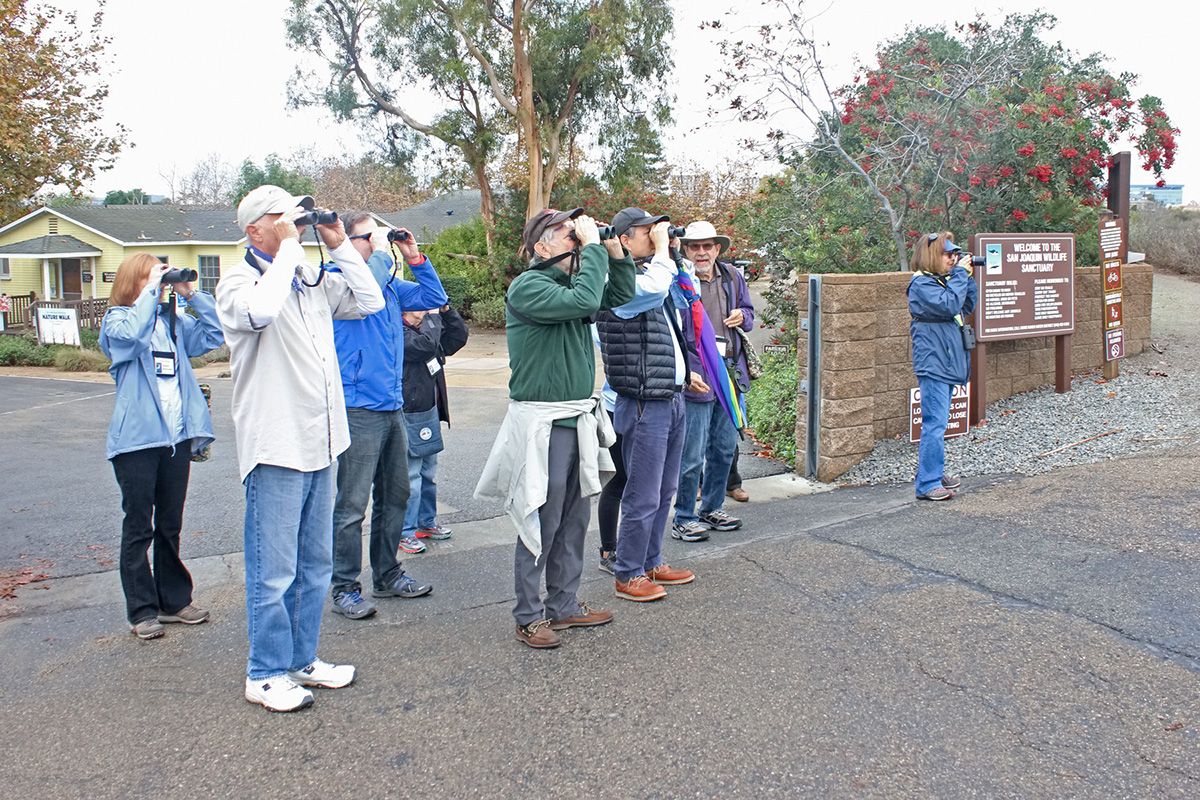
Learn more about birds with your local Audubon Society. Come along on one of our many free guided walks and field trips. Enroll in our Beginning Birding Skills Workshop in fall with Sylvia Gallagher in Huntington Beach.
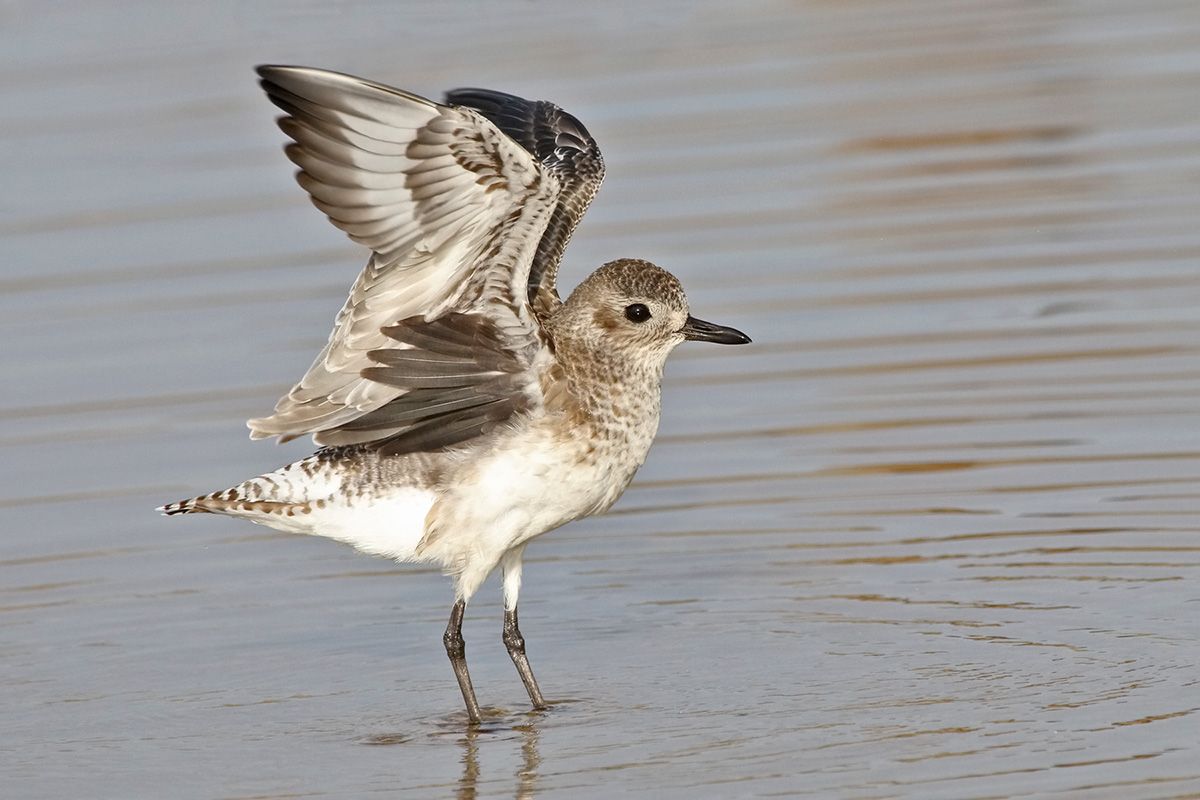
Continue learning about birds with other organizations and more advanced topics. Check out National Audubon’s website section on “Getting into Birding”. Enroll in an informative on-line class with Cornell Lab of Ornithology. Closer to home is Dr. Vic Leipzig’s birding class at Saddleback College
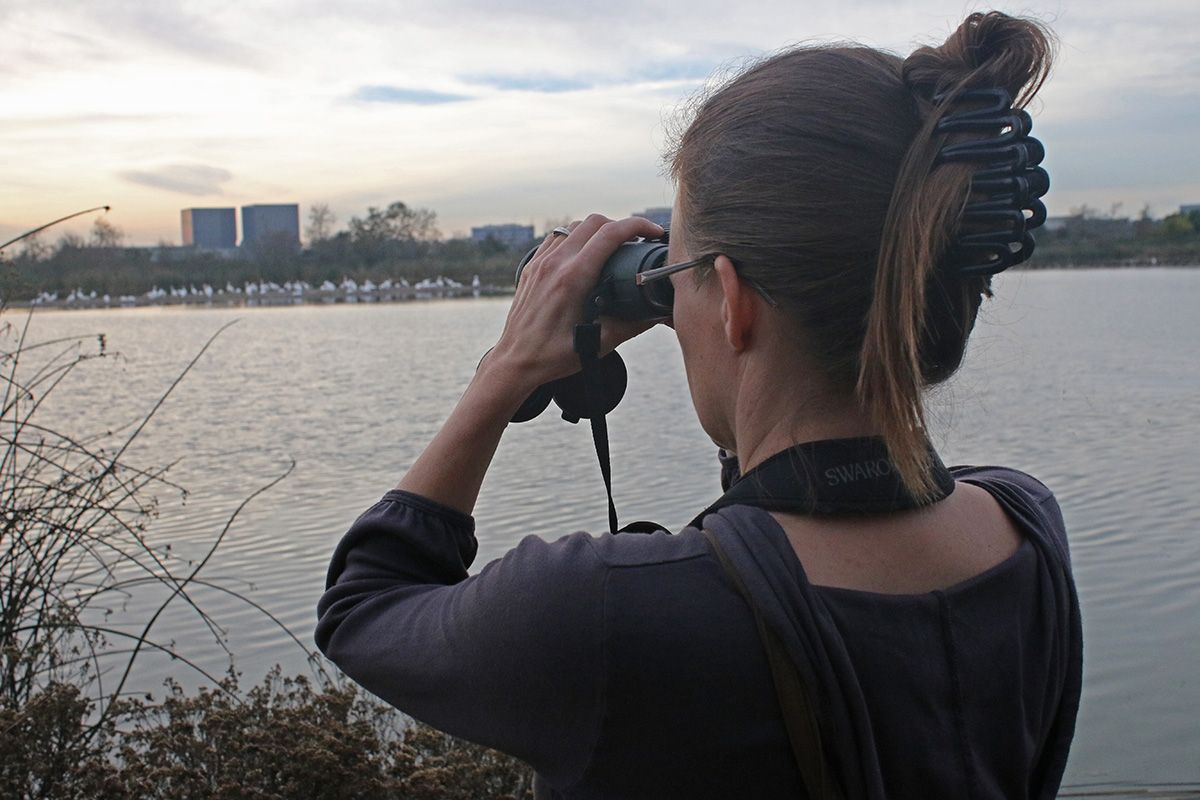
Contribute to bird research. Birders of all abilities are needed and appreciated during bird counts. Examples are the Christmas Bird Count in December/January, Great Backyard Bird Count in February, Orange County Spring Count in April/May, monthly census at various locations, endangered species counts, and more. Some are single day while others are monthly or weekly. Check out the Bird Surveys page on this website: Bird Surveys
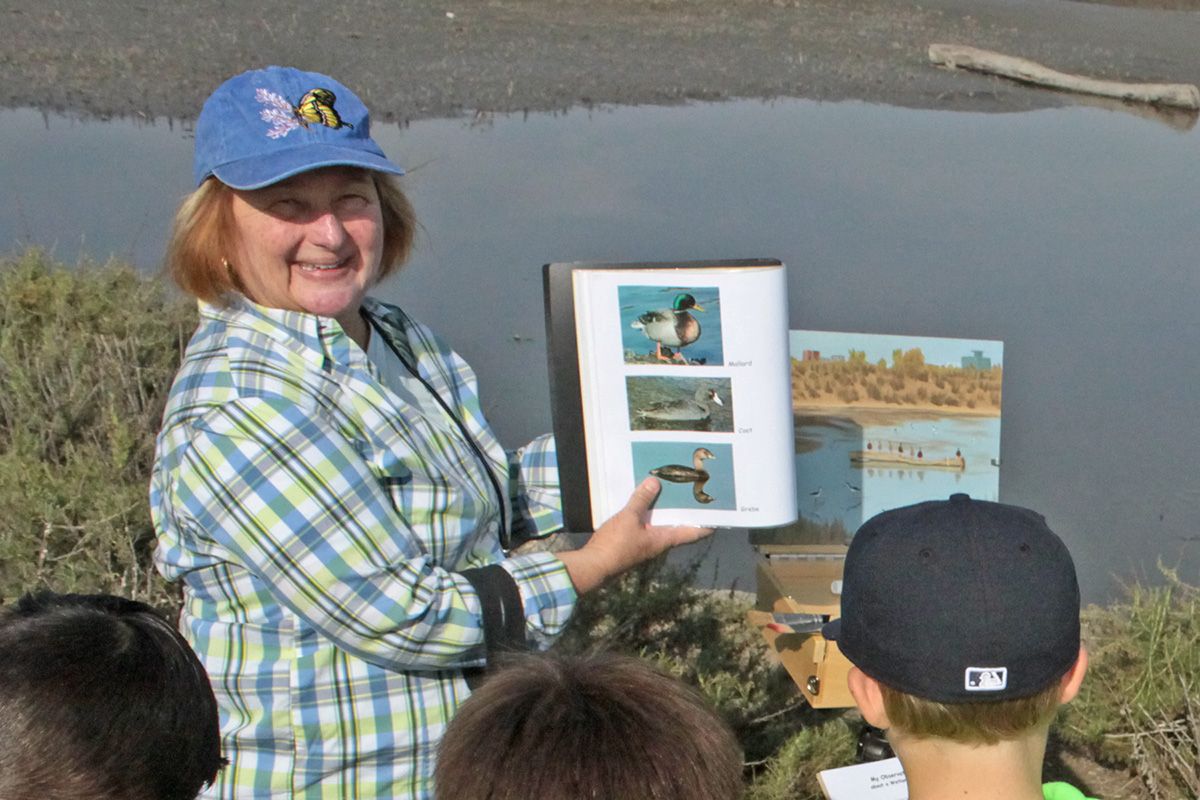
Share your love with others. Don’t keep your birding knowledge to yourself! Birds are facing many grave challenges these days and desperately need our help. We can ensure their survival as we increase awareness and interest in birds.
Beware: Birding is an addicting hobby that can last a lifetime. Happy birding!
